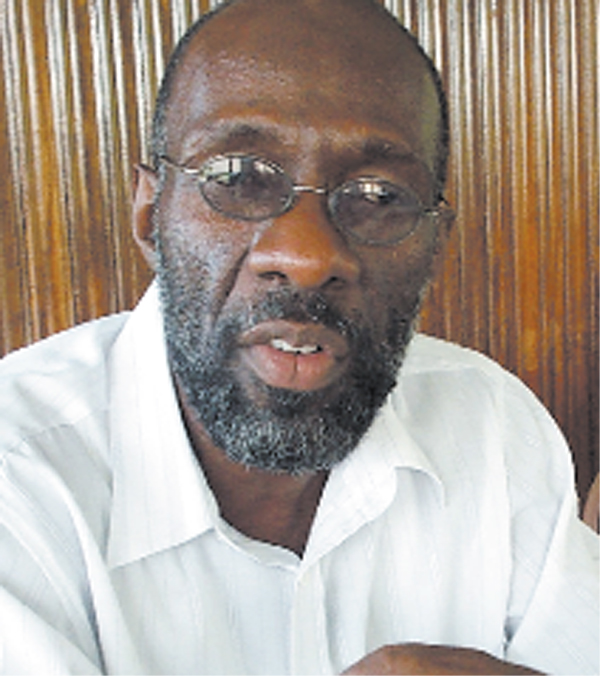A meeting between the Guyana Elections Commission (GECOM) and the International Republican Institute (IRI) to discuss a US-funded electoral reform project was aborted after Opposition-nominated commissioners objected to the manner in which the project was introduced to the Commission.
“The opposition-appointed commissioners raised the question about IRI being engaged in such an exercise without the Government advising GECOM that this was what was happening or without the Parliament…having advised that it has given the go ahead for such a project by IRI,” Commissioner Vincent Alexander told reporters following the aborted meeting.

According to Alexander, the Commission will be consulting with stakeholders including parliament and the major political parties to ascertain the approval that would’ve been granted for the proposed project.
Communication on the project should come from government and the project itself should originate from political consensus or via a recommendation of the Constitutional Reform Committee which has been approved by the Assembly, the Commissioner argued.
Government-nominated Commissioner Sase Gunraj has however disagreed with this position.
“The objections are not within the domain of GECOM which is a constitutional body tasked with implementing electoral law. We have no role to play in the creation of laws except making suggestions. What these objections have done is deny the Commission an opportunity to learn about the project. Whether or not GECOM likes it this has very little to do with us,” he explained
Gunraj further noted that since IRI has met the Attorney General who does have responsibility for crafting laws, questioning if the team has the blessing of the state is puerile.
“The position taken by the opposition is very unfortunate and puts GECOM in a position of ignorance,” he concluded.
The IRI project which was announced last week intends to strengthen GECOM’s capacity and the Attorney General’s Chambers regarding electoral processes as well as to encourage civil society organizations (CSOs) to advocate for electoral reform in accordance with regional and international standards.
“Through this project, GECOM, the Attorney General’s Chambers, and Guyanese CSOs will collaboratively consolidate and improve local electoral and constitutional law knowledge, establish an internal timeline to address electoral reform, improve collaboration for joint advocacy actions, and prioritize electoral and constitutional law issues while promoting reform through citizen engagement,” the United States Embassy has explained.
Stabroek News reached out to IRI for a comment on its meeting with GECOM and was told by Resident Coordinator Dorota Ryzy that the engagement was part of initial and ongoing consultations on its current programming.
“The Institute is committed to working with all stakeholders in a participatory, inclusive, and transparent manner towards strengthening political and electoral processes in Guyana,” she said.
Asked to identify any area which he would like to see addressed as part of approved reforms, Alexander identified the laws governing the National Register of Registrants (NRR).
Currently the NRR can only be altered through a Claims and Objections exercise but the opposition- nominated commissioner would like to see reforms which allow for the current NRR to be discarded and a new one created.
“Our first and major concern is the dealing with the Register of Registrants. We are in a conundrum because of the legal ruling of the Court and the legislature has to find some mechanism that would allow GECOM…to create a new Register of Registrants, periodically. That’s our major concern. ” Alexander stressed adding that he would also like to see the role of Commissioners in relation to Statements of Poll enshrined in law.
“Currently Commissioners receive SOPs as an administrative action. I maintain that if regulations provided for Commissioners to receive SOPs the contrived crisis would not have required a recount. GECOM has processes that could’ve been used,” he stressed.






